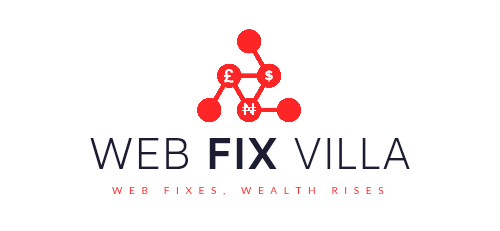
Latest post
Popular Posts

Common Myths About Insurance in Nigeria—Exposed (1503)
- Bodunde Ajimoti
- April 30, 2025

How to Create a Personal Budget That Works in Nigeria (1400)
- Bodunde Ajimoti
- April 25, 2025

Top 5 Insurance Companies in Nigeria (516)
- Bodunde Ajimoti
- April 30, 2025

Smart Guide to Choosing the Right Insurance Policy in Nigeria (503)
- Bodunde Ajimoti
- May 1, 2025

A Step-by-Step Guide to Filing an Insurance Claim in Nigeria (488)
- Bodunde Ajimoti
- May 1, 2025
Category: Insurance
- Home
- Insurance
Popular Post

Common Myths About Insurance in Nigeria—Exposed (1503)
- Bodunde Ajimoti
- April 30, 2025

How to Create a Personal Budget That Works in Nigeria (1400)
- Bodunde Ajimoti
- April 25, 2025

Top 5 Insurance Companies in Nigeria (516)
- Bodunde Ajimoti
- April 30, 2025

Smart Guide to Choosing the Right Insurance Policy in Nigeria (503)
- Bodunde Ajimoti
- May 1, 2025

A Step-by-Step Guide to Filing an Insurance Claim in Nigeria (488)
- Bodunde Ajimoti
- May 1, 2025
Newsletter
Weather
haze
27℃
humidity: 83%
wind: 1.54 km/h
-
31℃Mon
-
30℃Tue
-
29℃Wed
-
31℃Thu
-
31℃Fri
-
30℃Sat
-
26℃Sun

